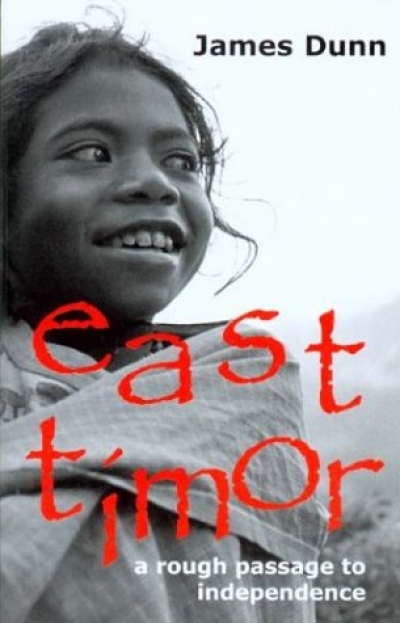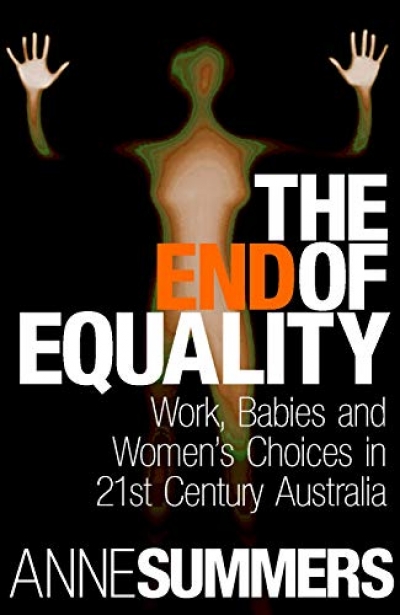Accessibility Tools
- Content scaling 100%
- Font size 100%
- Line height 100%
- Letter spacing 100%
Archive
The poet Bruce Beaver died on February 17, something we couldn’t note in the March issue of ABR, as we had just gone to print. Since then, the tributes have been many, and utterly deserved. We publish Beaver’s poem ‘October 1999’ in this issue, along with a tribute from Tom Shapcott. UQP informs us that it will release the poet’s posthumous collection, The Long Game and Other Poems, on 17 February 2005.
... (read more)Asiye Guzel Zeybek – a Turkish journalist, editor and author of Rape under Torture (1999) and Our Cakir: The Life of a Revolutionary (2001) – was arrested on 27 February 1997, together with nineteen other colleagues. Zeybek, now thirty-three years old, is an executive board member of the Istanbul Branch of the Progressive Journalists’ Association, and also editor-in-chief of Atilin. She was specifically accused under Article 168 of the Turkish Penal Code, and subsequently convicted for her association with the now banned Marxist-Leninist Communist Party. Zeybek’s legal counsel staunchly rebutted the prosecutor’s allegations of her involvement in any violence.
... (read more)The Book of My Enemy: Collected verse 1958–2003 by Clive James
The Cypriot brought his wine-dark eyes with him
Along with his skin and hair. He also brought
That shirt. Swathes of fine fabric clothe a slim
Frame with a grace bespeaking taste and thought.
Yvonne Audette: Paintings and drawings by Christopher Heathcote, Bruce James, Gerard Vaughan and Kristy Grant
City of Light: A History of Perth Since the 1950s by Jenny Gregory
The Child of an Ancient People by Anouar Benmalek (translated by Andrew Riemer)
Liz Conor reviews 'The End of Equality: Work, Babies and Women’s Choices in 21st Century Australia' by Anne Summers
‘Women who want to be equal with men lack ambition.’ This was the rather damning assessment of equality-based or liberal feminism scrawled on public walls in the 1970s and 1980s. It took a swipe at the strategy of achieving civil and economic equality on men’s terms. It sought a radical agenda of change that would bring about profound alteration to the deepest social, economic and psychic structures of gender identity, patriarchy and capitalism. It demonstrated, even then, that ‘equality’ did not have unqualified support among women. Thirty years later, Anne Summers is in a position to consider how this strategy has stood up to repeated attacks, and its overall gains and shortcomings.
... (read more)






